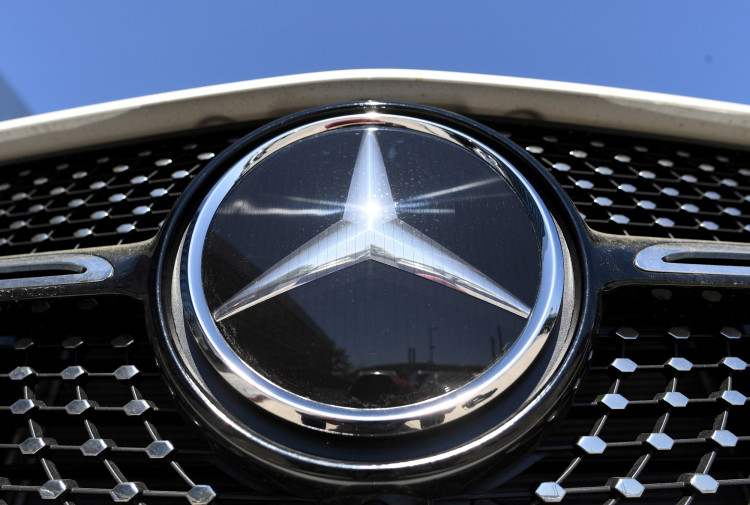A fine of 20.2 billion won ($17 million) was imposed on Mercedes-Benz in South Korea for falsifying information about the emissions levels of its diesel cars.
South Korea's consumer protection agency, the Fair Trade Commission, accused the German luxury car manufacturer of falsely advertising its vehicles as offering a 90% reduction in nitrogen oxide emissions, in accordance with the Euro 6 Emissions Standard.
Mercedes-Benz responded by claiming that a drive lasting more than half an hour cannot be considered normal driving because 90% of driving by local vehicles is under 30 minutes.
The FTC denied the claim, saying that over 4 million cases per day involve more than 30 minutes of driving.
Mercedes-Benz was found to have tampered with pollution mitigation devices by installing illegal software in its cars, causing them to perform at lower levels than they did during certification tests, the FTC said.
The tampering resulted in the vehicles exceeding permissible emission levels, but the commission found that the German automaker fabricated related facts in signs attached to its vehicles between April 2012 and November 2018.
"It is meaningful to impose sanctions against the country's No.1 imported car sales operator for obstructing consumers' rational purchase choices with false and deceptive advertisements about its emission reduction performance even after the Dieselgate scandal," the KFTC said in a statement.
According to the commission, the false advertisements featured a total of 15 models and appeared in the company's catalog, magazines, and press releases between August 2013 and December 2016.
The FTC also pointed out that the cars possessed a "defeat device" that detected when they were being tested and altered their emissions performance in order to enhance results. Emissions were higher during real-world driving.
The FTC's ruling applies to the 15 models from April 2012 to November 2018.
The automobile manufacturer stated that it was cooperating with authorities and had provided them with its position. The company disclosed that because it had not yet received a written decision, it would refrain from commenting further.
This is not the first time Mercedes-Benz had a brush with South Korean regulators.
Two years ago, the Environment Ministry fined the Stuttgart-based carmaker 77.6 billion won for installing prohibited emissions software in diesel vehicles.
Audi-Volkswagen Korea, Nissan Motor Corp., Stellantis Korea, and Porsche AG were all fined or ordered to take corrective action by the regulator last year for similar emissions rigging incidents.




